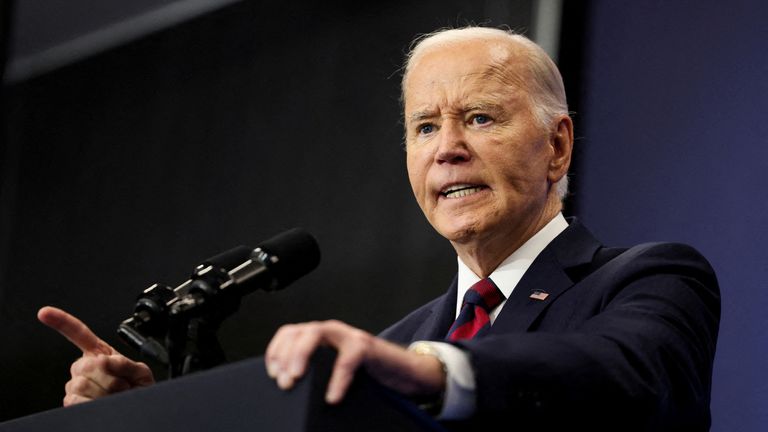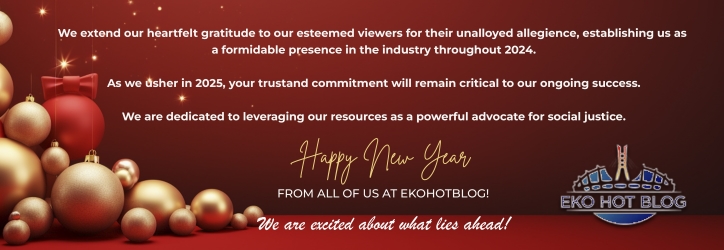International
Biden to Remove Cuba from Terrorism List in Prisoner Release Deal

- Biden plans to remove Cuba from the US terrorism list as part of a prisoner release deal.
- Cuba announces the release of 553 prisoners, potentially including anti-government protesters.
- Move signals a potential shift in US-Cuba relations and relief for Cuba’s struggling economy.
President Joe Biden plans to remove Cuba from the US list of state sponsors of terrorism as part of a deal tied to a prisoner release, the White House announced on Tuesday.
Shortly after the announcement, Cuba declared it would release 553 prisoners held for “diverse crimes.” While details remain unclear, it is hoped this includes individuals imprisoned for participating in anti-government protests four years ago.
EDITOR’S PICKS
- Polaris Bank’s Initiatives Ensure Continuous Education for Over 16,000 Students
- Verydarkman Pranks Nigerians: No N180 Missing From NGO Funds
- Why I Faked Missing N180m — VeryDarkMan
The US initially removed Cuba from the terrorism list in 2015 under President Barack Obama, but President Donald Trump reinstated the designation in 2021, citing Cuba’s support for Venezuelan leader Nicolás Maduro. The designation restricted US economic aid and arms exports to Cuba.
On Tuesday, a Biden administration official stated that a review found “no information” to justify Cuba’s inclusion on the list. Cuba’s foreign ministry welcomed the decision as a step “in the right direction,” despite its “limited nature,” emphasizing the severe economic impact of such measures on its population.

The release of prisoners was reportedly facilitated through talks brokered by the Catholic Church. While the full list of prisoners has not been disclosed, the move is seen as a potential step toward improved US-Cuba relations.
The removal of Cuba from the terrorism list could also ease its struggling economy by reducing restrictions that have hindered foreign investment and banking operations. Additionally, Biden plans to notify Congress of his intention to reverse other Trump-era policies, including financial restrictions on Cubans and claims to confiscated property on the island.
FURTHER READING
- Why We Must Increase Call, Data Tariffs In 2025 – Telecoms Operators
- 19 Year old Arraigned in Kaduna for Allegedly Stabbing Uncle
- Diversify or Face Poverty: Abbas Calls for Economic Shift
This decision is seen as paving the way for renewed dialogue on contentious issues and marks a potential shift in US-Cuba relations. However, uncertainty looms as President-elect Donald Trump, set to take office on January 20, may reverse Biden’s actions. Trump’s nominee for secretary of state, Marco Rubio, is a long-time advocate of sanctions on Cuba.
Click here to watch our video of the week:
Advertise or Publish a Story on EkoHot Blog:
Kindly contact us at ekohotblog@gmail.com. Breaking stories should be sent to the above email and substantiated with pictorial evidence.
Citizen journalists will receive a token as data incentive.
Call or Whatsapp: 0803 561 7233, 0703 414 5611


















